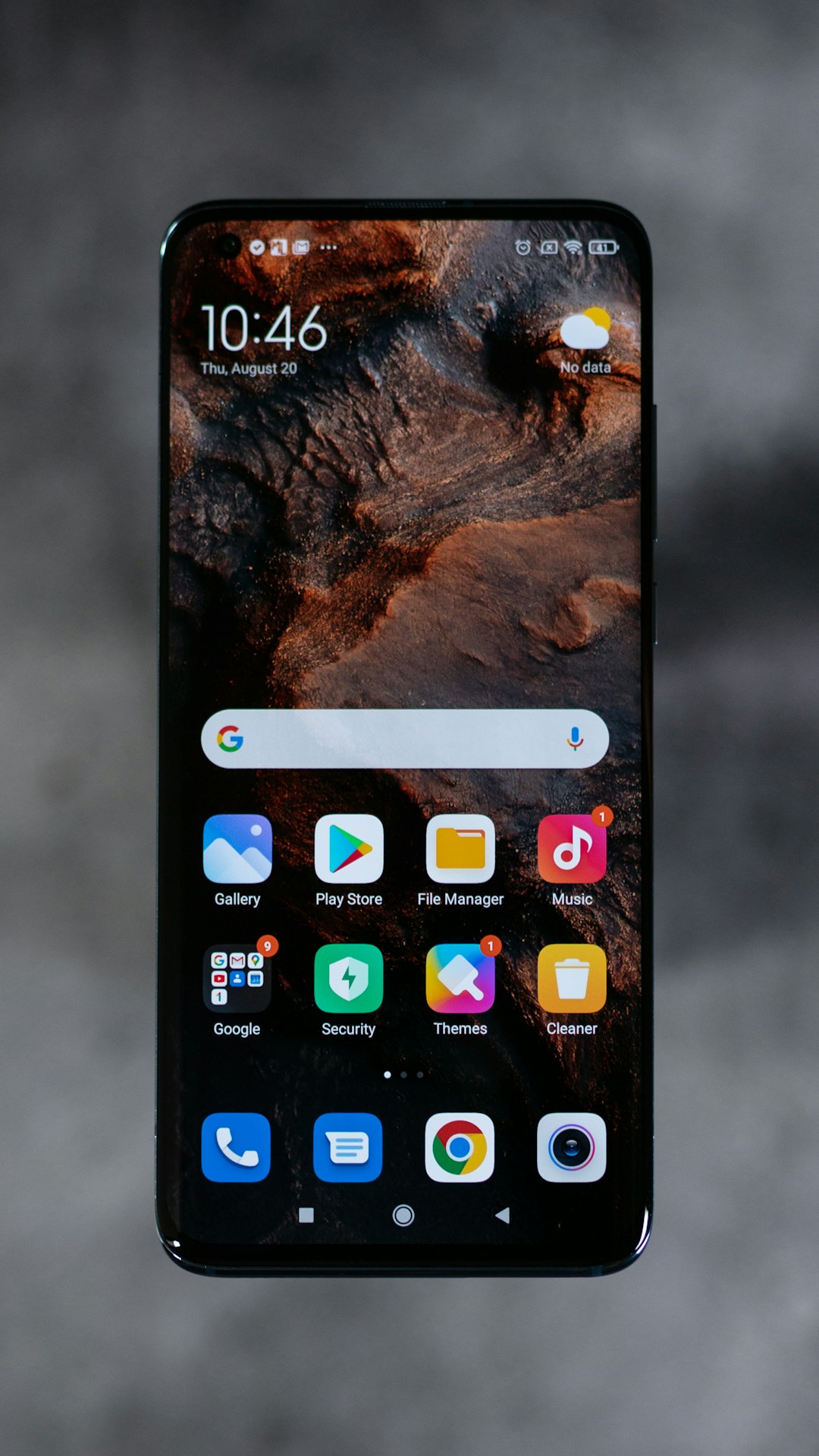Torrance's local laws strictly regulate autodialer usage by autodialer law firms Los Angeles and similar services, prioritizing consumer privacy and peace. Law firms must ensure explicit consent, provide easy opt-outs, respect call time preferences, and navigate client complaints effectively to avoid legal repercussions. Adhering to stringent guidelines like the Telephone Consumer Protection Act (TCPA) is crucial for maintaining ethical standards, fostering trust, and preventing disputes among Los Angeles clientele concerned with privacy and consent rights.
Navigating the complex landscape of autodialer regulations in Torrance, California, is crucial for law firms operating in the Los Angeles area. This comprehensive guide delves into the intricacies of managing client complaints related to automated dialing. From understanding local laws to implementing effective grievance procedures, we explore strategic solutions. Learn how to identify legitimate disputes, adhere to legal responsibilities, and employ preventive measures to safeguard your firm from autodialer-related challenges specific to Los Angeles law firms.
Understanding Autodialer Regulations in Torrance

In Torrance, the usage of autodialers is regulated by local laws aimed at protecting residents from unsolicited phone calls, commonly known as robocalls. These regulations are designed to ensure consumers’ privacy and peace, especially in light of the proliferation of autodialer law firms Los Angeles and similar services. Understanding these rules is crucial for businesses using autodialing technology to avoid penalties and maintain compliance.
Key aspects of the autodialer regulations include obtaining prior express consent from recipients before making automated calls, allowing consumers to opt-out easily, and adhering to restrictions on the timing and frequency of calls. For law firms employing autodialers, this means ensuring explicit permission from clients or prospects, providing clear opt-out mechanisms during each call, and respecting individual preferences regarding call times. Compliance not only helps avoid legal repercussions but also fosters a positive perception of the firm among its target audience.
Identifying Valid Complaints Against Law Firms

In the realm of legal services, especially in bustling Los Angeles, law firms must be vigilant in addressing client complaints, particularly those related to autodialer usage. Not all grievances are valid, but distinguishing genuine issues from minor inconveniences is crucial for maintaining a positive reputation. When dealing with autodialers, valid complaints often stem from instances where the automated calling system infringes on privacy rights or causes persistent nuisance calls.
Los Angeles residents have expressed concerns about unsolicited phone calls from law firms using autodialers, which can be particularly disturbing for those with hearing impairments or those who value their quiet time. Valid concerns include excessive calls, inaccurate contact information use, and calls made despite being on the Do Not Call registry. Identifying these legitimate issues is essential for law firms to rectify their practices, ensuring compliance with local regulations and enhancing client trust.
Steps to Effectively Address Client Grievances

When handling autodialer-related complaints, a structured approach can turn a dissatisfied client into a loyal advocate. The first step is to actively listen to their concerns; understand the specific issue they’re facing with your Los Angeles autodialer law firm’s services. This involves acknowledging their frustration and demonstrating empathy throughout the interaction.
Once you’ve established a connection, prompt the client to provide detailed information about the problem. It could be an issue with automated calls, consent withdrawal, or any other violation of consumer laws. Take notes during this process to ensure every point is addressed accurately. Afterward, offer a clear explanation of their rights according to relevant laws and regulations, such as the Telephone Consumer Protection Act (TCPA). Assure them of your commitment to resolving the matter promptly and professionally.
Legal Rights and Responsibilities for Law Offices

In Torrance, as in much of California, law offices using autodialers for marketing or outreach must adhere to strict legal guidelines. These regulations are designed to protect consumers from unwanted phone calls and ensure fair business practices. Law firms employing autodialing technology have a responsibility to obtain informed consent from recipients before making automated calls, respecting do-not-call requests, and providing clear disclosures about the nature of the call. Violating these rules can lead to significant legal repercussions, including fines and damage to the firm’s reputation.
Additionally, law offices must ensure that their autodialer systems are accurate and compliant with local and state laws, such as those governing telemarketing and consumer privacy. It is crucial for Los Angeles-based law firms using autodialers to stay informed about changing regulations to avoid legal issues and maintain ethical standards. Compliance not only protects the firm but also fosters trust among potential clients who value their privacy and consent rights.
Strategies to Prevent and Mitigate Autodialer Disputes

To prevent and mitigate autodialer disputes, especially for law firms in Los Angeles, implementing robust opt-out mechanisms is paramount. Always ensure clients have a clear and straightforward way to stop receiving automated calls. This can be achieved by providing dedicated opt-out numbers or online forms that are easily accessible on all communication materials. Regularly reviewing and updating client records to reflect their preferences is crucial.
Additionally, training staff members on the proper use of autodialer technology is essential. They should understand the legal implications and ethical considerations surrounding automated calls. Consistent adherence to telephone consumer protection laws (TCPA) can significantly reduce the risk of complaints. Proactive communication with clients about call frequency and purpose can also foster trust and minimize disputes, ensuring a smoother relationship between law firms and their Los Angeles clientele.






